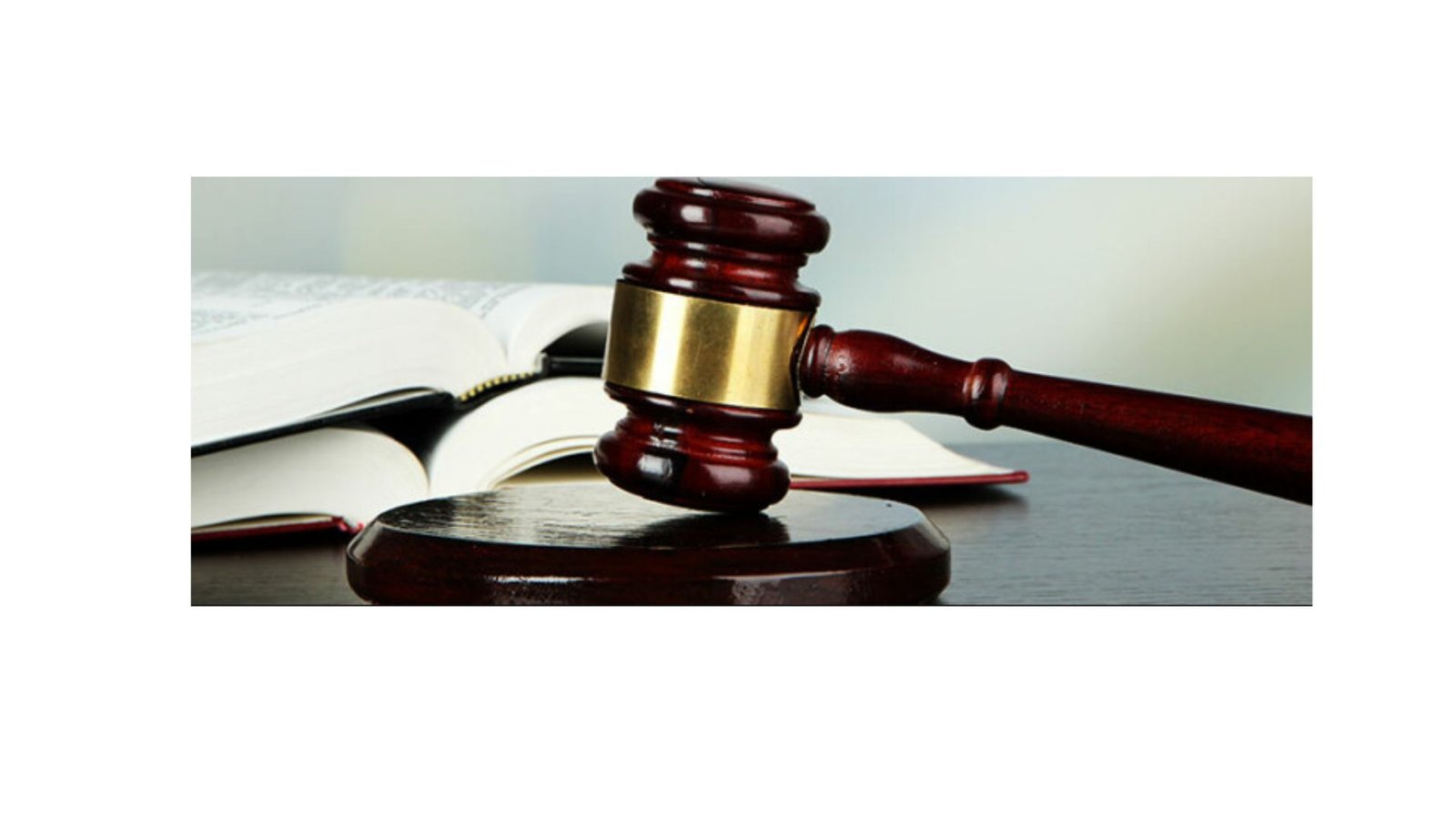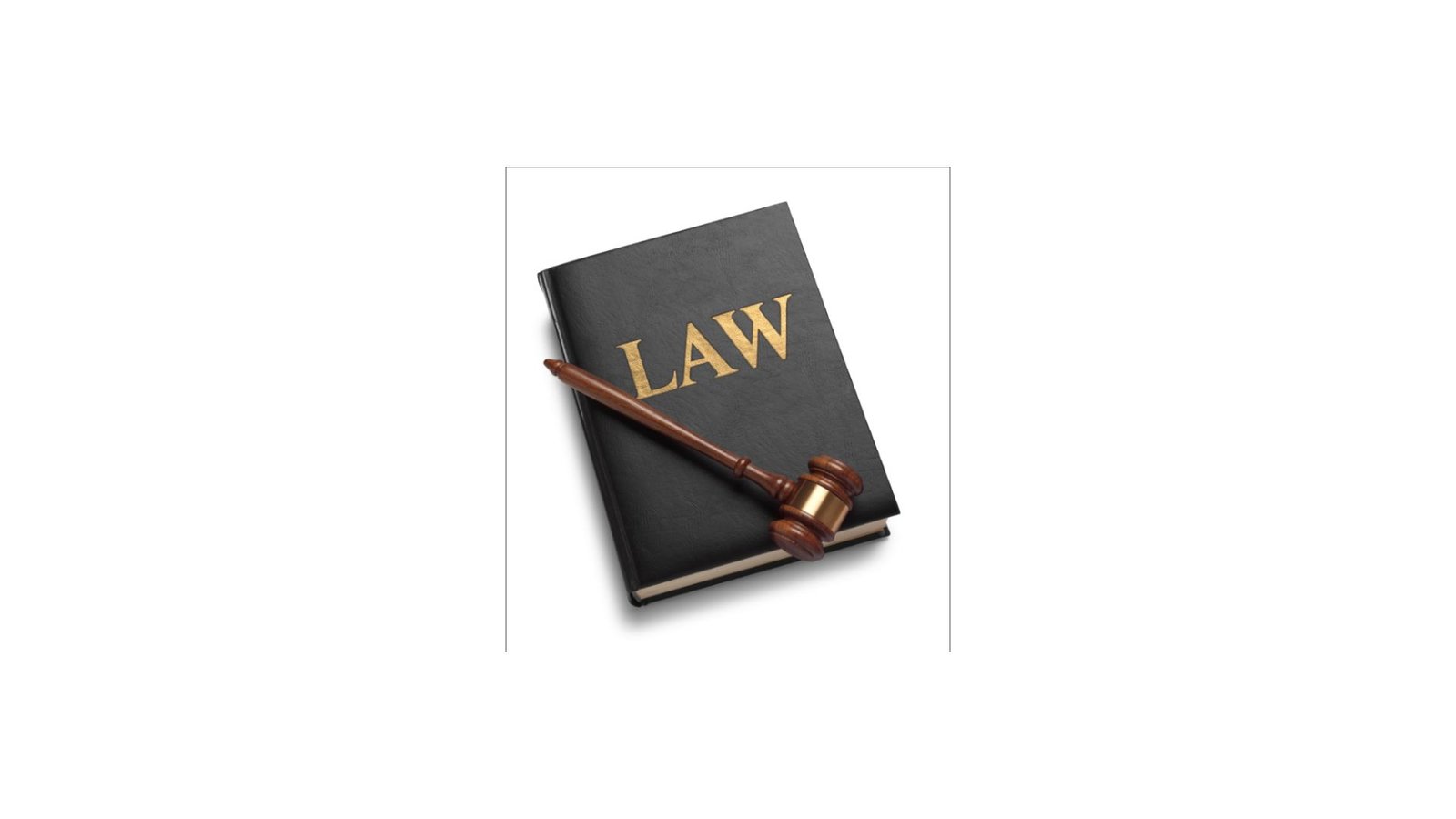
Welcome to our comprehensive guide on criminal law! In this post, we’ll delve into the intricate world of legal principles, procedures, and terminology. Whether you’re a student, a curious individual, or someone navigating the complexities of the justice system, this guide aims to demystify criminal law and empower you with knowledge.
Understanding Criminal Law
Criminal law is the body of law that defines crimes and prescribes punishments for unlawful conduct. It encompasses a wide range of offenses, from theft and assault to more serious crimes like murder and fraud. The primary goal of criminal law is to maintain public order, deter criminal behavior, and ensure justice for victims.
Key Concepts in Criminal Law
To navigate the terrain of offender law effectively, it’s essential to grasp some fundamental concepts:
Actus Reus and Mens Rea
In criminal law, two elements must typically be present for an act to be considered a crime: actus reus (the guilty act) and mens rea (the guilty mind). This means that not only must the person have committed a prohibited act (such as stealing), but they must also have had the intent to commit the act knowingly or recklessly.
Legal Elements of a Crime
Every crime has specific legal elements that must be proven beyond a reasonable doubt for a conviction to occur. These elements vary depending on the offense but often include factors such as intent, causation, and harm.
Criminal Procedure
The process through which criminal cases are handled involves various stages, including investigation, arrest, arraignment, trial, and sentencing. Each stage has its own rules and procedures designed to safeguard the rights of the accused and ensure a fair and impartial outcome.
Defenses in Criminal Law
Defendants may assert various defenses to challenge the prosecution’s case. These defenses can range from alibi and self-defense to insanity and entrapment. Understanding the available defenses is crucial for both defendants and their legal representatives.
Navigating the Criminal Justice System
The felon justice system is a complex network of institutions, including law enforcement agencies, courts, and correctional facilities. Each component plays a unique role in the administration of justice
Law Enforcement
Police officers and other law enforcement officials are responsible for investigating crimes, apprehending suspects, and gathering evidence.
Courts
Courts serve as the forum for adjudicating felon cases. Judges preside over proceedings, and juries decide guilt or innocence based on the evidence presented.
Corrections
If convicted, offenders may be sentenced to various forms of punishment, including imprisonment, probation, or fines. Correctional facilities are responsible for carrying out these sentences and supervising offenders.
Challenges and Controversies in Criminal Law
While the criminal justice system strives to uphold the principles of fairness and justice, it is not without its challenges and controversies. Issues such as racial disparities in sentencing, wrongful convictions, and overcrowding in prisons continue to pose significant challenges to the integrity of the system.
Conclusion
In conclusion, criminal law is a multifaceted and dynamic field that plays a vital role in maintaining societal order and protecting individual rights. By understanding the fundamental principles, procedures, and terminology of culprit law, individuals can navigate the justice system more effectively and contribute to a fair and just society. Remember, knowledge is power, and educating yourself about your rights and responsibilities is essential in upholding the rule of law.

